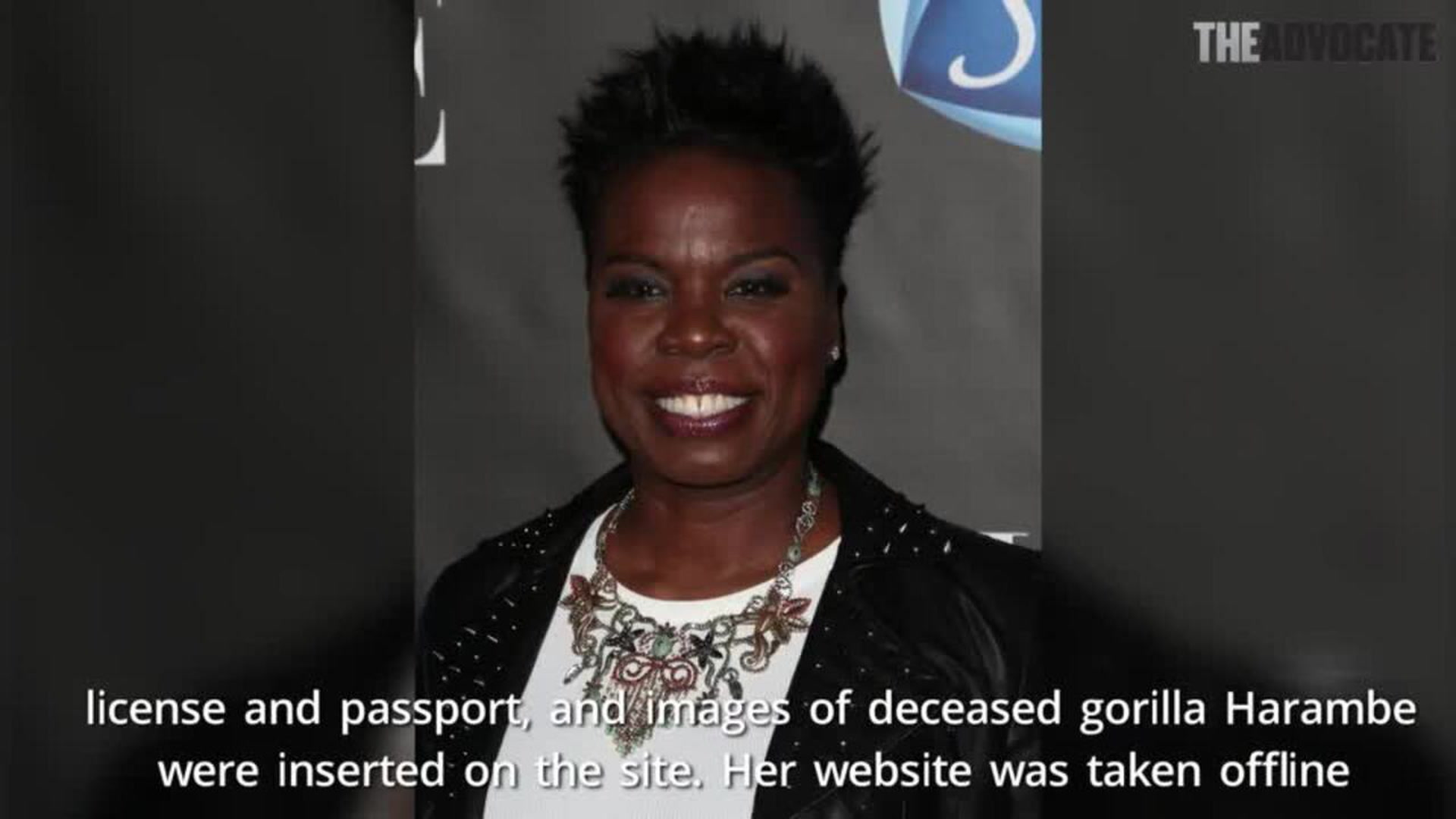Originally published by The 19th. Written by Mel Leonor Barclay
In the thick of campaign season, Susanna Gibson seemed well on her way to clinching a competitive Virginia district on her very first run for office. For the nurse practitioner and mom of two, meeting the demands of campaigning came naturally.
Everything would quickly turn upside down with a series of phone calls followed by a news story in The Washington Post: Gibson had live streamed sex acts with her husband for an online audience, and a Republican operative had pointed reporters to recordings of it.
Gibson, a Democrat, ultimately lost her race for state delegate by just over 700 votes.
In an interview with The 19th, Gibson detailed the “horror” that she and her family experienced after the videos were publicized, the feeling that her privacy had been violated as images of her floated around the internet, and threats of harm and a frenzy of unwanted media attention arrived at their home. Gibson said the episode has given her a newfound sense of mission: advocating for digital privacy and digital consent to protect future women candidates from being attacked with sexually explicit content.
“I'm just fundamentally changed as a human because of all of this,” Gibson said. “All I want to do right now is figure out how I can help to prevent this from happening. And when it does, how can I be most helpful to women candidates?”
Gibson said she consented to the sex acts being viewed by the audience on the website at that time but did not consent to the videos being recorded and redistributed elsewhere. She added that she and her husband adhered to the website’s terms of use and that they were acting consensually within the bounds of their marriage.
Women politicians are often held to higher ethical standards than men are, and women are more likely to be shamed for sexual activity than men, research shows. As more women — and more younger women, who are more likely to have grown up online — run for office, these two factors may come into more frequent conflict.
Gibson said her experience prompted her to take a close look at laws surrounding the dissemination of sexually explicit content online and the high number of millennials and Gen Zers who’ve created such content.
Gibson retained two attorneys to help her manage the fallout and to work with law enforcement on potential criminal charges against those who disseminated the sexually explicit material. The expense is significant, she said, and has led her to consider the creation of a legal fund or political action committee to support women candidates who may find themselves in a similar situation.
In the weeks after the news reports, Gibson heard from an active candidate in a different state who said she has shared intimate photos in the past, and “has nightmares” about the situation Gibson lived through. She also spoke to a college student studying political science who was afraid that intimate photos she had shared in the past would surface if she ever ran for office.
State and federal laws, she said, could do more to protect generations who came of age in a digital world by requiring that the person depicted actively consent to the way the sexually explicit material will be disseminated.
“When you consent to sharing content with a select group of people with the understanding that it will disappear and only be seen for a certain period of time … that is a far cry from consenting to that content being recorded and then broadly disseminated,” Gibson said.
While nearly all states, including Virginia, have “revenge porn” laws that punish people who distribute nonconsensual pornographic material with the intent of harassing their victim, Gibson says determining intent can make it difficult to prosecute perpetrators.
She is advocating for laws modeled after Illinois’, which doesn’t require proof of intent to cause harm. She intends to lobby for the change before the Virginia General Assembly, which will kick off its annual legislative session this month. Gibson also plans to push for harsher penalties for violators, who now face a Class 1 misdemeanor; Gibson says the crime should carry felony penalties because of the extent of the harm.
Soon after the videos were disclosed, Gibson said, she received harassment and death threats, both online and in the mail. For weeks, the front of her home was occupied by reporters and people in cars she didn’t recognize. To get fresh air, Gibson would walk her dog late at night in the wooded area behind her home and in a neighbor’s yard.
Gibson stopped seeing patients immediately after the recordings were publicized. At the time, she said, the emotional toll was too much to carry on with the work.
“I have heated bathroom floors. I would go in there … and lay on the floor for hours, not having the physical strength to get up,” she said.
Gibson said she and her husband were held up by support from their community, including two of her best friends who flew in from California and Georgia. Gibson said her campaign staff occupied her house in the aftermath, caring for her and calculating the campaign’s next steps. Groups like Planned Parenthood and REPRO Rising Virginia, abortion rights groups, publicized their ongoing support for her campaign.
Gibson added that her campaign saw a rush of donations after news articles about the videos surfaced but later saw its fundraising stall after some Democrat-aligned groups backed off. She said a PAC for women candidates facing similar situations — having sexually explicit images publicized in the context of their run for office — could help shore up their campaigns.
Gibson said she hopes to engage the public in broad conversations around the weaponization of sexually explicit content.
“We really need to work on changing the common thinking in our societies today so that we place the blame and the shame on the perpetrator, not on the victim,” Gibson said. “Even when the media and the press label something a ‘scandal’ — that word scandal places blame on the victim and really minimizes the harm and the damage that is done.”
In an op-ed, former Rep. Katie Hill, who resigned from office after nude photos of her were leaked to news outlets, revealing an affair with a campaign staffer, said Gibson had been a victim of “humiliation tactics” by political operatives. Until the justice system can better protect candidates’ privacy, she said, she would continue “speaking out when these tactics are used against candidates.”
Gibson didn’t rule out a future run for office, or even a run for the same Virginia House seat when it’s back on the ballot in 2025.
The primary reason to not run, she said, would be the toll it could take on her children. This cycle, they “were just young enough where they knew mom was not OK.” In another two years, Gibson said, her son will have started middle school.
On the other hand, running could be a way to continue to advocate for digital privacy and on behalf of women candidates facing attacks or threats stemming from explicit images.
“If I just went away and was quiet … what message is that sending the world? It's that you can do this and women go away,” Gibson said. “Running again would send a very loud message … and take away some of its power.”

Video Source: Advocate Channel


















































